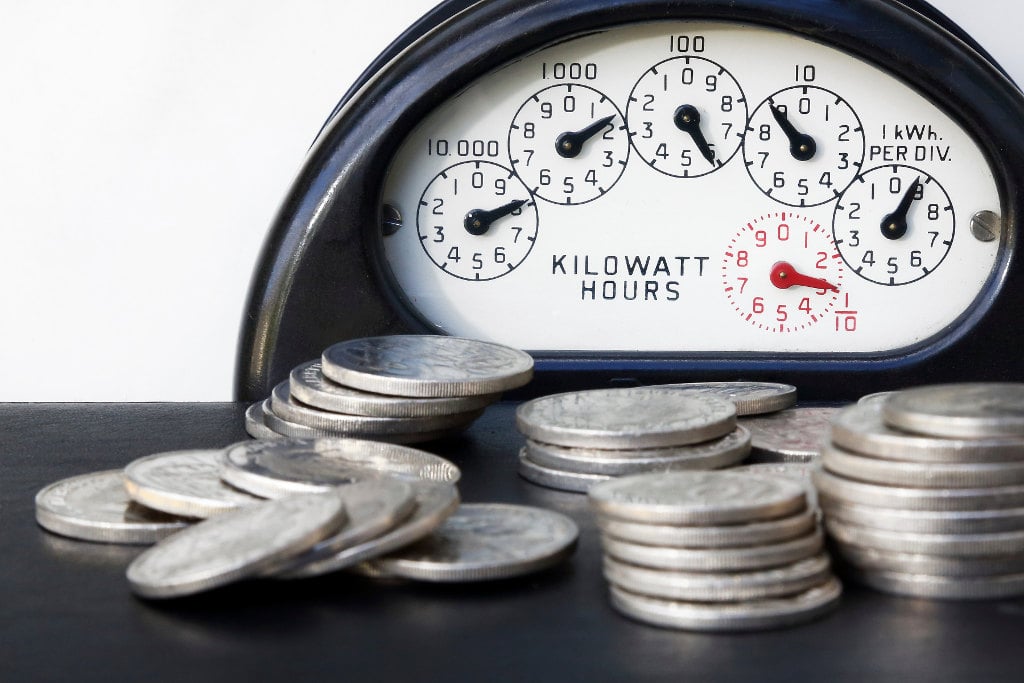Citizens Advice has called on the UK government to establish a social tariff by 2024 to support households struggling with energy bills over the next decade.
The introduction of a social tariff could shelter consumers from the volatility being witnessed within the energy market.
The Energy Price Guarantee, which falls under the Energy Prices Bill, will officially rise by £500 to £3,000 in April. Despite this, Citizen Advice stated that it is “widely expected” to remain at £2,500. Both however will have implications on the wider British population and could cause further households to slide into fuel poverty with 2022 seeing a rise of 13.4%.
Citizens Advice said if the Energy Price Guarantee remains at £2,500 then ten million households would face crisis-level energy costs with more than 10% of their income after housing costs going towards energy. Should it increase to £3,000, the number of households affected rises to 12 million.
One of the proposed methods to mitigate the impact of rising energy bills is the use of a social tariff, which mirrors a similar call from ninety-five charities and non-profit organisations for a social tariff to be implemented in the energy market to assist vulnerable households.
The solution for implementing the social tariff could be via the better use of data. Citizens Advice said HMRC holds close to real-time data on household incomes, while energy suppliers know how much electricity and gas each household uses. Combining the two could identify those that need help and how much help they need.
“Energy affordability is a long-term problem that needs a long-term solution. A social tariff protects millions of people from spending excessive amounts on their bills. High energy costs have left too many people choosing between heating and eating. Uncertainty over future high prices only adds to the stress and worry felt in households across the country,” said Dame Clare Moriarty, chief executive of Citizens Advice.
“This policy helps make energy bills more affordable in the years ahead and supports the shift to warmer, safer homes that are ready for the net zero transition.”
The call is backed by a coalition of consumer groups and energy bodies, including Martin Lewis and Energy UK.
“Energy UK welcomes this research. It solidifies the need for more targeted support for consumers on an issue which requires an enduring solution, such as a social tariff. The rising cost of energy over the past 18 months has left more households than ever before in need of increasing support with their bills, and the cost-of-living crisis showing no signs of ending soon. Long-term energy affordability needs to remain a top priority,” said Dhara Vyas, deputy CEO of Energy UK.
“Improving energy efficiency in homes will help people lower their costs in the long term, whilst strengthening the UK’s security of supply and boosting economic growth.
“To ensure continued support for everyone and ease the burden of high living costs, suppliers are ready to work with the government to make progress with the introduction of targeted support, such as a social tariff, no later than April 2024.”
A number of energy suppliers have welcomed and support the call from Citizens Advice and its coalition including So Energy and OVO Energy.
“Households have endured one of the worst economic shocks for a generation – and it’s critical they get the support they need. Our teams have been working on the design of a social tariff since we announced our support for it at the start of this year,” said Raman Bhatia, CEO of OVO.
“Our industry, consumer groups and the Money Saving Expert all support an energy social tariff and are standing by, ready to help the government to make it happen. We now have the consensus to fix a key element of our broken energy system. Let’s not waste it.”
Simon Oscroft, co-founder of So Energy said: “It is crucial that any bill support goes to those who need it the most. That is why we propose matching household income data – which HMRC has the ability to collate – with usage data from suppliers to create a reliable metric of fuel poverty.
“This proposal lives or dies on HMRC being empowered to collate and share this data, and keep it updated. Without this reliable picture of household income, government will never be able to provide targeted and tailored support to low income households. It will avoid the need for inefficient catch-all support measures in the future, and would enable much more targeted household support for services like water, broadband and council tax.”






